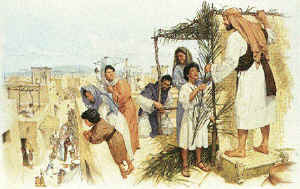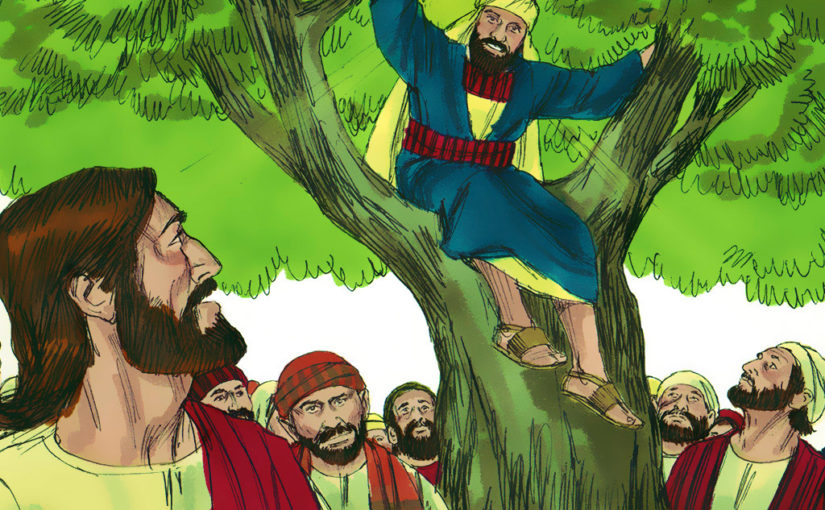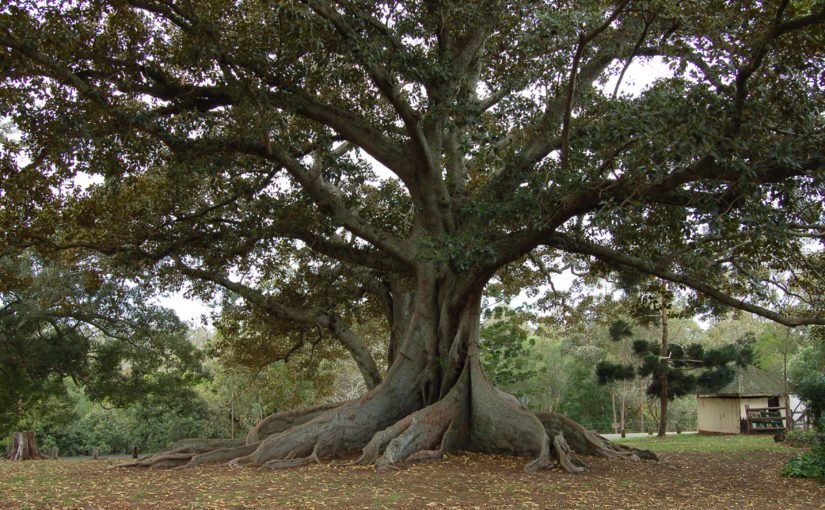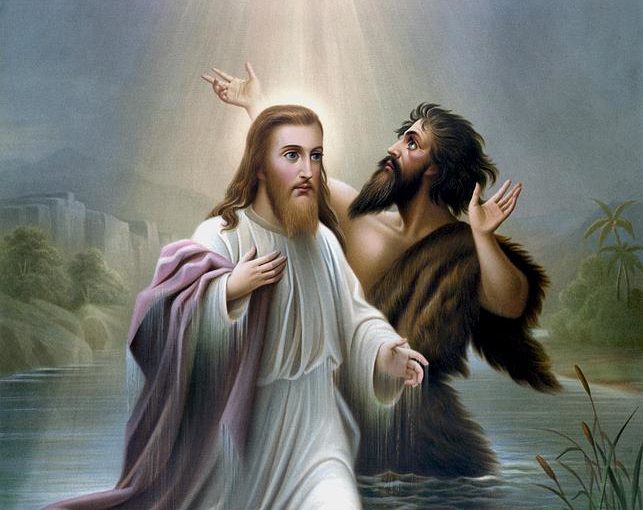John 7
Today’s chapter is not easy. I read and read it several times deciding on how to best break it down. It is like a four part mini-series!
Part 1: Jesus goes to the Feast of the Tabernacles
When we hear the word “festival” or “feast”, we often think of a carnival, a party or a celebration. This festival was different than our current day festivals. The Feast or Festivals of the Tabernacles was also called Booths. It was held on the 15th of September. I think of the booths they used at this festival to be what has evolved into our booths at things like the Sugar Creek Arts festival (a bit of a stretch I know). Back then they were made of branches and thatches roofs (unlike tarps over metal contraptions of today). These booths were like tents where people stayed for seven days to offer sacrifices to God. This festival is said to have coincided with the autumn equinox which of course we just experienced here not that long ago (before this snow!) This festival was known for “light” and also had a component of “water” asking that everyone in attendance prayer for rain to replenish the ground and the people.
All males were expected to attend this festival. As Jesus’ brothers were trying to leave for the Festival, they asked an prodded Jesus to go with them. His response: 6 Therefore Jesus told them, “My time is not yet here; for you any time will do.7 The world cannot hate you, but it hates me because I testify that its works are evil. 8 You go to the festival. I am not going up to this festival, because my time has not yet fully come.” It is an interesting back and forth, with Jesus obviously not wanting to go and feeling uncomfortable, if not at risk in this crowd. This story made me think about how in our house we have a similar bantering. Two people are always up for a festival, party, or social event and two are not in the mode of rushing out. I’m sometimes with the latter camp, wanting to see how things go before rushing into what I know could be a crowded and uncomfortable situation.
In today’s lesson, Jesus let’s his brothers go on ahead. They do not know that he will eventually attend. We are told festival attendees are looking for him, some in a positive light and some not so positive.
Part 2: Jesus Teaches at the Festival
Part 1 reveals that Jesus really didn’t want to go, but once there, he sees a platform for teaching. We are not told what prompted him to start teaching but he determines it is the right place and time. As he starts to speak, some in the crowd question where he learned this information and why he thinks he can or should be the messenger. He reads the crowd well and replies: 16 Jesus answered, “My teaching is not my own. It comes from the one who sent me. 17 Anyone who chooses to do the will of God will find out whether my teaching comes from God or whether I speak on my own. 18 Whoever speaks on their own does so to gain personal glory, but he who seeks the glory of the one who sent him is a man of truth; there is nothing false about him.
His response elicits more questions from the crowd and more people challenge him on the information he shares. It appears to be getting contention with a crowd of people not believing him. He continues to share the word.
Part 3: Division over who Jesus is
The scene is one of conflict. Some in the crowd question who Jesus is and some do not believe.
28 Then Jesus, still teaching in the temple courts, cried out, “Yes, you know me, and you know where I am from. I am not here on my own authority, but he who sent me is true. You do not know him, 29 but I know him because I am from him and he sent me.”
Jesus tells them that he is only here for a short time, foreshadowing his own death and resurrection. Does the crowd believe him? No, they start to question where he would go that they could not come or follow him?
My favorite part of the entire chapter:
37 On the last and greatest day of the festival, Jesus stood and said in a loud voice, “Let anyone who is thirsty come to me and drink. 38 Whoever believes in me, as Scripture has said, rivers of living water will flow from within them.” 39 By this he meant the Spirit, whom those who believed in him were later to receive. Up to that time the Spirit had not been given, since Jesus had not yet been glorified.
Whoever believes in him will have living water flowing within them. Admit you are thirsty, not just for water, but thirsty for the word, for healing, for help for salvation, and come forward. How awesome for us!
We are told the crowd starts to question whether he is a prophet. Is he the Messiah? Disbelief abounds (instead of our reaction today of wanting to receiving this living water).
Part 4: Unbelief of the Jewish Leaders
The Jewish leaders then become contentious. They do not believe his teachings and want him captured.
47 “You mean he has deceived you also?” the Pharisees retorted. 48 “Have any of the rulers or of the Pharisees believed in him? 49 No! But this mob that knows nothing of the law—there is a curse on them.”
The crowd is turning against Jesus, thus why he may not have wanted to attend in the first place. We know the story from here on out. The crowd of disbelievers grows. Jesus knows he must be careful yet he also knows his time is coming. An interesting balance. He took a risk going to the festival knowing it could charge up the crowd and it did. We know this event was not a party or a celebration; it was a step in the process leading to Jesus’ crucifixion.
As I walk away from this long story, I am thankful for Jesus taking the “risk” to attend and for using this platform to teach the crowd and us about coming to him when we are most thirsty to receive his living water. Will you attend Jesus’ feast?









